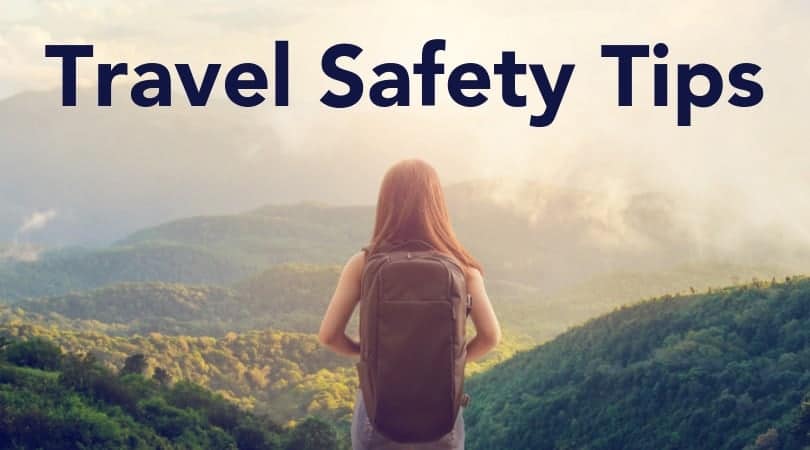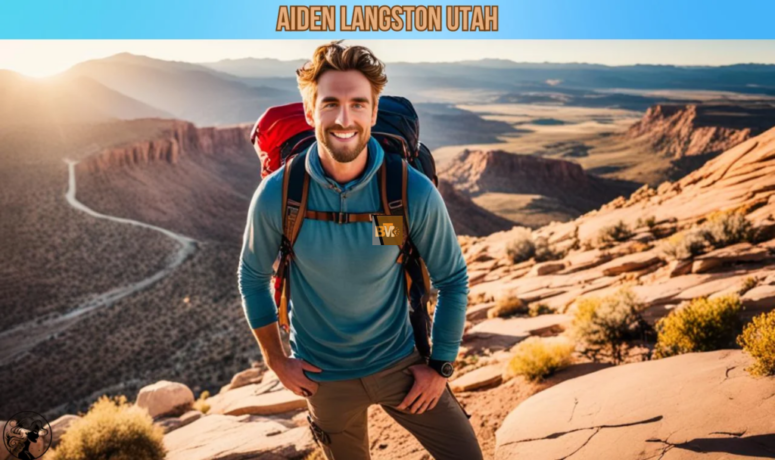
Traveling offers exciting opportunities to explore new places, experience different cultures, and create lasting memories. However, staying safe while traveling is paramount to ensuring a positive experience. Here are comprehensive travel safety tips to help you stay secure and enjoy your trip with peace of mind.
Research Your Destination
Before embarking on your journey, thoroughly research your destination. Understanding the local culture, laws, and potential risks can help you prepare and avoid dangerous situations.
Check Travel Advisories: Visit government websites for travel advisories and updates on safety concerns. The U.S. Department of State, for example, provides detailed information on the safety conditions in various countries.
Learn About Local Customs: Familiarize yourself with local customs, traditions, and etiquette to avoid inadvertently offending locals or attracting unwanted attention.
Know the Local Laws: Understand the legal landscape of your destination. What might be acceptable in your home country could be illegal elsewhere.
Secure Your Documents
Keeping your travel documents safe is crucial for a smooth journey. Losing important papers like your passport can cause significant stress and delays.
Make Copies: Photocopy your passport, visa, travel insurance, and other important documents. Store digital copies in a secure cloud storage service and physical copies in a separate location from the originals.
Use a Money Belt or Neck Wallet: Keep your passport, money, and other valuables in a money belt or neck wallet to reduce the risk of theft.
Pack Smart
Packing wisely can enhance your safety and preparedness for any situation.
Travel Light: Avoid overpacking to reduce the risk of losing items and to move around more easily.
First Aid Kit: Carry a basic first aid kit with band-aids, antiseptic wipes, pain relievers, and any necessary prescription medications.
Appropriate Clothing: Dress appropriately for the climate and culture of your destination. In conservative areas, modest clothing can help you blend in and show respect.
Stay Connected
Keeping in touch with family and friends back home enhances your safety by ensuring someone knows your whereabouts.
Share Your Itinerary: Provide a copy of your itinerary to a trusted friend or family member.
Regular Check-ins: Establish regular check-ins through phone calls, texts, or emails to let your loved ones know you’re safe.
Local SIM Card: Consider purchasing a local SIM card to have reliable communication access and avoid high roaming charges.
Stay Aware of Your Surroundings
Being aware of your environment can help you avoid potential dangers and make informed decisions.
Trust Your Instincts: If something feels off or unsafe, trust your instincts and remove yourself from the situation.
Avoid Distractions: Stay alert by avoiding distractions like excessive use of smartphones, especially in unfamiliar areas.
Blend In: Dress inconspicuously to avoid standing out as a tourist. This can help reduce the risk of becoming a target for theft.
Secure Your Accommodation
Ensuring the safety of your accommodation is essential for a secure trip.
Research Reviews: Read reviews and choose accommodations with high safety ratings and positive feedback from previous guests.
Check Security Features: Ensure your hotel or rental has secure locks, a safe for valuables, and 24-hour security if possible.
Lock Your Door: Always lock your door when you’re inside your room and use the additional security features like deadbolts or chains.
Be Cautious with Money
Handling money wisely can help prevent theft and ensure you have access to funds when needed.
Carry Limited Cash: Carry only the cash you need for the day and store the rest in a secure location.
Use ATMs Wisely: Use ATMs located inside banks or in well-lit, secure areas to minimize the risk of skimming devices and theft.
Notify Your Bank: Inform your bank of your travel plans to prevent your card from being flagged for suspicious activity.
Health Precautions
Maintaining your health while traveling is vital for an enjoyable trip.
Vaccinations and Medications: Ensure you’re up-to-date on necessary vaccinations and carry any required medications.
Drink Bottled Water: In areas with questionable water quality, stick to bottled water and avoid ice cubes.
Food Safety: Eat at reputable establishments and be cautious with street food to avoid foodborne illnesses.
Transportation Safety
Using reliable and safe transportation methods can prevent accidents and enhance your overall travel experience.
Official Taxis and Rideshares: Use official taxis or reputable rideshare services like Uber or Lyft to ensure safe transportation.
Public Transportation: Familiarize yourself with the local public transportation system and choose well-known, reliable services.
Car Rentals: If renting a car, ensure it’s from a reputable company and that the vehicle is in good condition. Always wear your seatbelt and follow local traffic laws.
Emergency Preparedness
Being prepared for emergencies can make a significant difference in critical situations.
Know Emergency Numbers: Familiarize yourself with local emergency contact numbers, such as police, ambulance, and fire services.
Locate Embassies: Know the location and contact information of your country’s embassy or consulate in case you need assistance.
Emergency Kit: Carry a small emergency kit with essentials like a flashlight, multi-tool, and emergency contact information.
Personal Safety
Taking personal safety measures can help prevent incidents and protect you during your travels.
Travel Insurance: Invest in comprehensive travel insurance that covers medical emergencies, trip cancellations, and lost belongings.
Avoid Risky Areas: Stay away from areas known for high crime rates or political unrest.
Stay Sober: Avoid excessive alcohol consumption, which can impair your judgment and make you more vulnerable to accidents and theft.
Conclusion
Traveling safely requires a combination of preparation, awareness, and common sense. By researching your destination, securing your documents, packing smart, staying connected, being aware of your surroundings, ensuring the safety of your accommodation, handling money wisely, taking health precautions, using safe transportation methods, being prepared for emergencies, and taking personal safety measures, you can significantly enhance your travel safety and enjoy a secure, stress-free trip. Remember, the key to a successful journey is not just about the destination, but also about the journey itself and staying safe throughout it.


